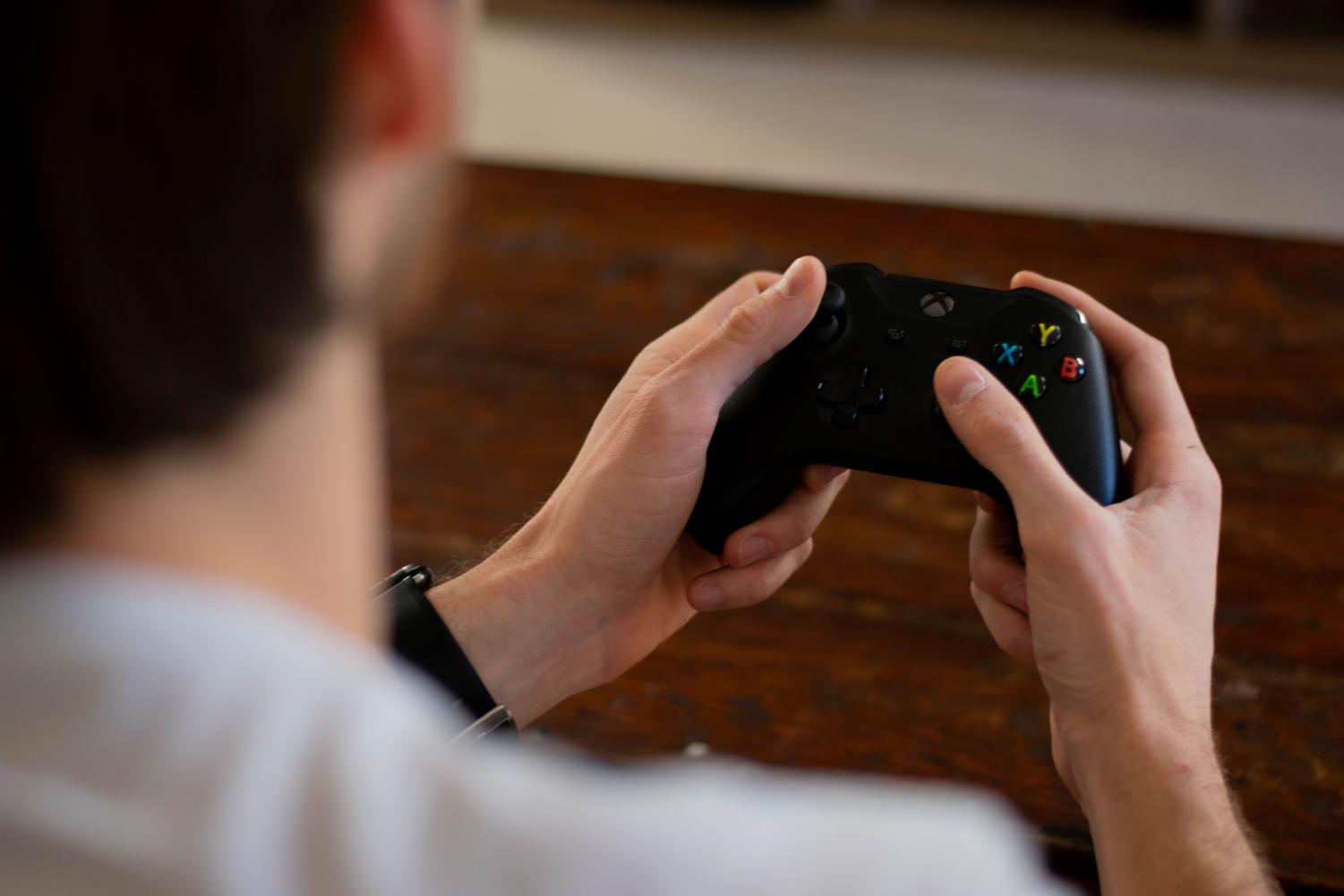An old form of entertainment, the video game industry is spiking amid the isolation many are currently facing at home. According to the National Purchase Diary Panel Inc. Group’s analytics, spending on gaming has increased by 33%, while overall time spent playing games increased by 26%. This impacts the Biola community in a surprisingly positive way.
INCREASE IN GAME
According to Mat Piscatella, a video game industry analyst for the NPD Group, video games have become one of the most consistently growing categories over the last six months “in terms of overall participation and investment relative to 2019.”
Assistant professor of game design Michael Steffen said that the game industry has benefited from people staying home because of the pandemic. Since people cannot go to movie theaters or other group entertainment, their computers have provided them with the distraction they needed.
“Whereas film production has ground to a halt, game developers simply took their computers home and kept working,” Steffen said.
CONNECTING WITH OTHERS
Sophomore cinema and media arts major Rachel “Max” Huss says that she has been able to connect with her long-distance friends through gaming.
“I now live in a different state and all of my friends live in the midwest, so being able to talk to them in a different way than just face-to-face is especially nice,” Huss said.
Gaming has also been a way for some to gain and maintain strong connections while still being apart from one another.
“There is not always a whole lot to talk about with someone in person,” Huss said. “But when you are playing a game, all of a sudden a topic will come up, and then you get to know more about them.”
WHY PEOPLE LOVE TO GAME
Gaming does not just aid those in isolation—the amusement and exploration provide unmatched, engaging entertainment. A break can provide a welcome oasis from the bleak reality the world is currently shrouded in.
“It’s a way to engage your brain while also checking out at the same time, so you’re thinking critically about stuff but also it’s more relaxing,” Huss said.
Junior journalism major Ian Godlesky found that the discovery and sense of surprise provided by these games helps to break the monotony.
“It’s the idea being able to explore new worlds…just getting a different aspect every time,” Godlesky said. “Because every situation is different. In quarantine we don’t really have anything that’s really new.”
Godlesky is working on building a gaming empire, especially through TikTok and Twitch. The monetization of gaming content can make a living, something Godlesky is aiming for professionally.
Gameplays are streamed on TikTok or livestreamed on Twitch, and when enough viewers have streamed a certain account’s content, that channel can be monetized at different rates depending on the platform. Sponsorships from companies for creators that gain a good following also pay handsomely, a goal of every content creator and gamer.
MENTAL HEALTH
However, the time among the blue glow of screens has been known to take a hit on mental health, and Godlesky mentioned the dual effect his involvement in the game industry has on his standing mentally.
“I feel like content creation can [take a toll on mental health], because it is a lot of work,” Godlesky said. “I would say gaming helps during quarantine especially for me. It’s something that I use to take my mind off of stuff.”













